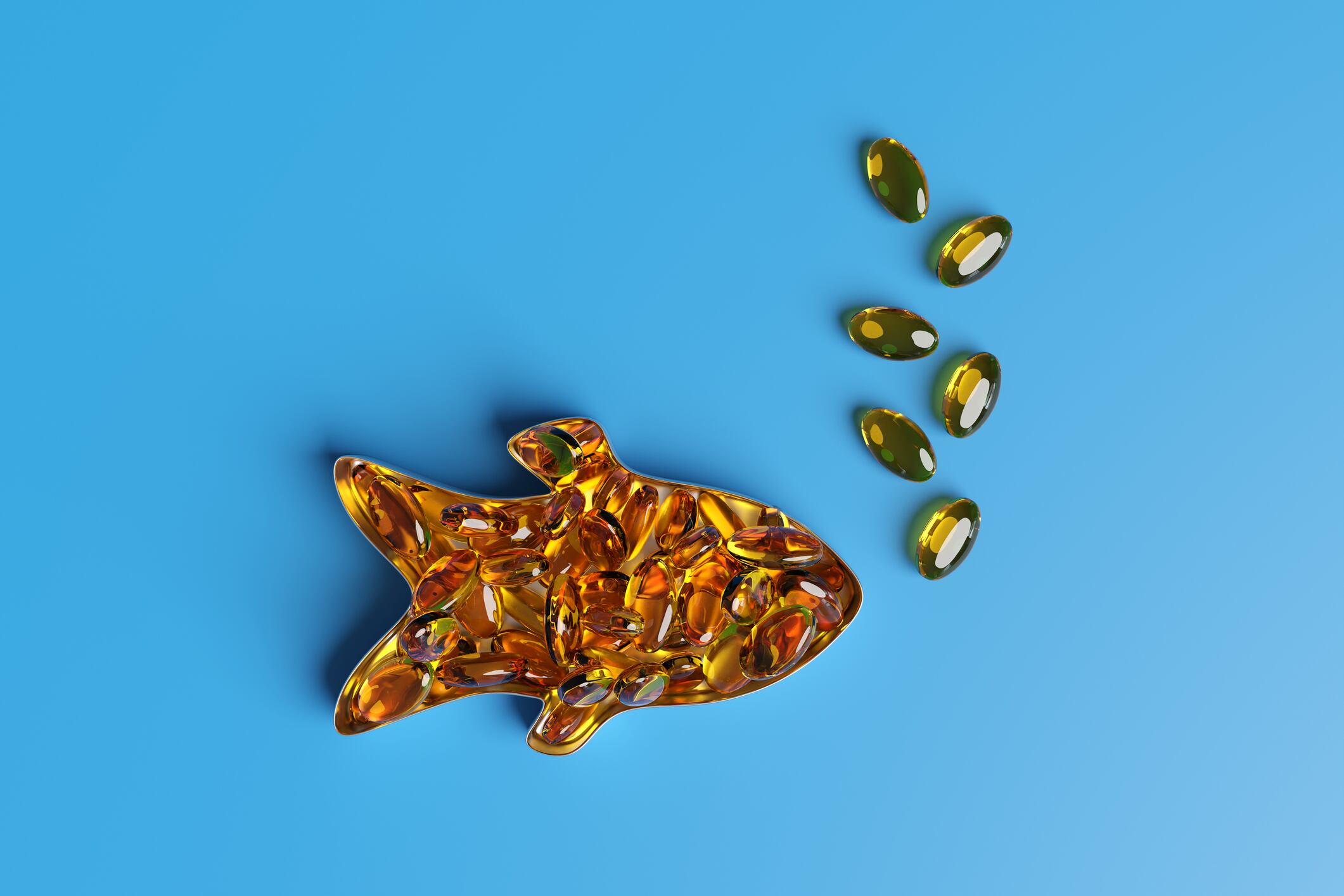The study, published in The British Journal of Nutrition, found that those consuming fish oil supplements saw a “dramatic reduction” in the number of circulating extracellular vesicles, which are associated with several factors that increase the risk of cardiovascular disease.
This reduction in extracellular vesicles was not observed in participants consuming white fish or oily fish.
The researchers found that eicosapentaenoic acid (EPA), a long-chain polyunsaturated fatty acid (PUFA), appeared to be a “key factor” which drove alterations in the number and function of extracellular vesicles.
“Increasing EPA intake beyond current guidelines for oily fish consumption may therefore be required for cardiovascular benefits relating to extracellular vesicles,” the researchers wrote.
Oily fish and cardiovascular disease
Dietary n-3 polyunsaturated fatty acids (n-3 PUFAs), which are abundant in fish oils, have long been associated with protection from cardiovascular disease.
Generally, research shows that fish oil supplementation can be particularly beneficial for people who already have a heart condition. However, the cardioprotective benefits in healthy people are not as well established.
Researchers have therefore begun to look more closely at the potential mechanisms of these benefits, including the role of extracellular vesicles. These vesicles are small, membrane-bound structures released by cells which are emerging as a promising biomarker for cardiovascular disease.
However, very few studies to date have explored the effects of n-3 PUFAs on extracellular vesicles, and there is no information about whether oily fish, consumed at a level that is achievable through the diet, affects their number or function.
Study details
To conduct their study, researchers from UK universities (Reading, Liverpool John Moores and Southampton) recruited 42 healthy subjects aged 40 and over.
Participants were randomized to receive either fish oil supplements plus white fish meals, control supplements (olive oil) plus oily fish meals, or control supplements with white fish meals.
Over the 12-week intervention period, the researchers assessed extracellular vesicle numbers and composition, as well as procoagulant activity.
The study found that fish oil supplementation significantly decreased the number of circulating extracellular vesicles, while consuming oily and white fish did not.
Participants supplemented with fish oil also had significantly lower thrombogenic capacity, which relates to the propensity of the blood to form clots. This is significant because it suggests fish oil supplements can reduce the risk of unwanted blood clot formation or thrombosis.
While both fish oil and oily fish consumption increased the proportions of EPA and DHA (docosahexaenoic acid) in circulating extracellular vesicles to a similar degree, only the higher EPA dose in the fish oil supplements led to significant changes in extracellular numbers and thrombogenic capacity.
This suggests that EPA, rather than DHA, is a key factor driving the beneficial effects observed in the fish oil supplement group.
“The exact mechanisms by which n-3 PUFAs decrease numbers of circulating EVs and inhibit their coagulatory function are not fully understood, but it is well appreciated that the incorporation of n-3 PUFAs into cell membrane phospholipids may play a fundamental role in modulating the lipid composition and function of cells,” the researchers explained.
Research implications
To validate the findings, the study noted that future studies may benefit from a cross-over design rather than the parallel design used, which potentially introduces confounding variables.
Nevertheless, the researchers suggest that since oily fish consumption alone fails to decrease the numbers and thrombogenic capacity of extracellular vesicles, 1 g of fish oil supplementation per day is therefore required to achieve these benefits.
“The study suggests that increasing EPA intake beyond the current dietary guidelines for oily fish consumption may offer additional benefits,” they concluded.
Source: The British Journal of Nutrition. doi: 10.1017/S0007114525000625. “High dose fish oil supplements are more effective than oily fish in altering the number and function of extracellular vesicles in healthy human subjects: A randomized, double-blind, placebo-controlled, parallel trial.” Authors: A. Sharman, et al.




